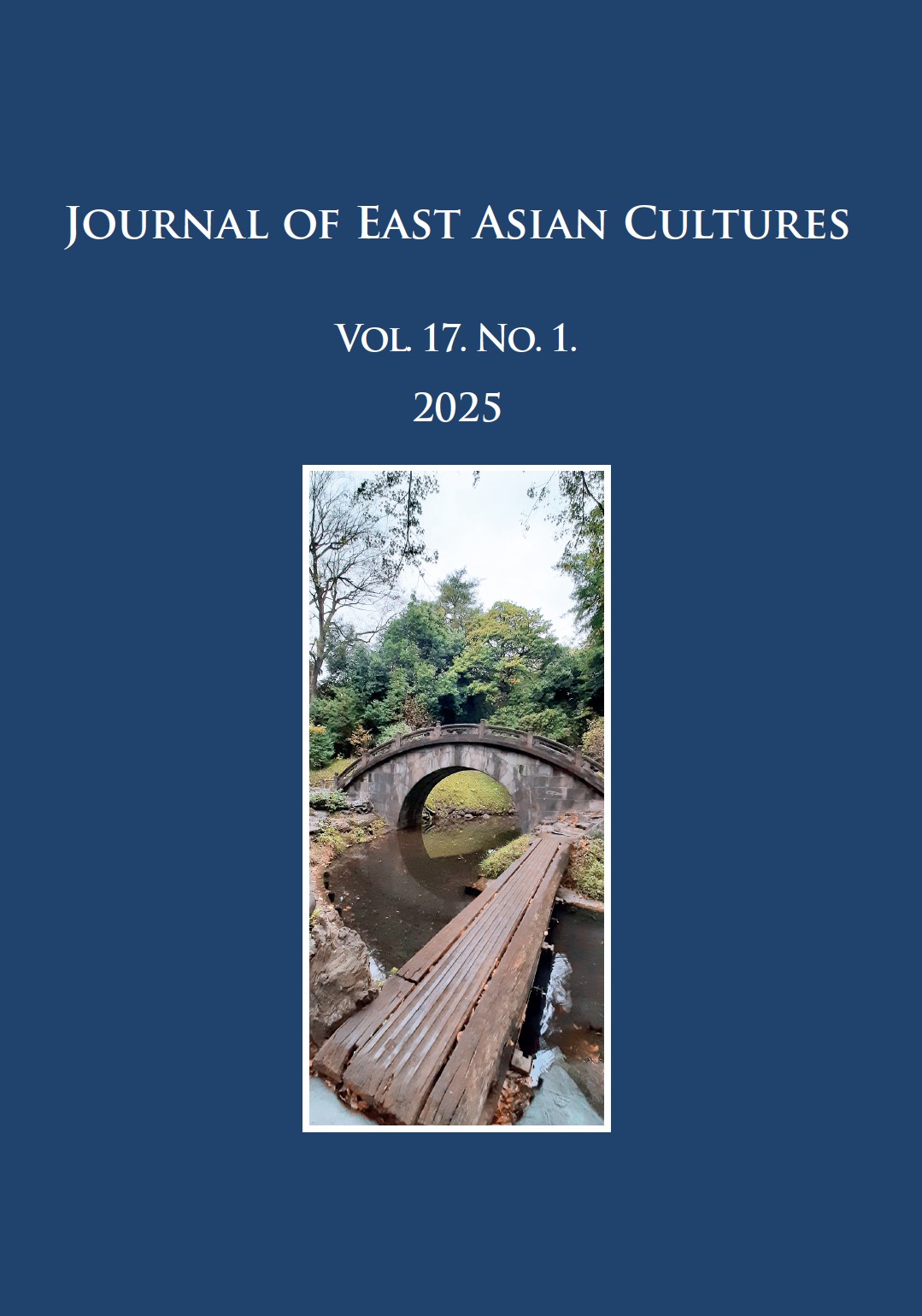The Four-Class System (sideng renzhi 四等人制) of Administration During the Yuan Dynasty (1271–1368) in China
The Four-Class System (sideng renzhi 四等人制) of Administration During the Yuan Dynasty (1271–1368) in China
Author(s): Tatiana FrankSubject(s): Social history, 13th to 14th Centuries
Published by: Eötvös Loránd Tudományegyetem
Keywords: Yuan dynasty; Yuanshi; four-class system; sideng renzhi; semu; hanren; nanren
Summary/Abstract: Mongol rule in China stands as a remarkable example of the amalgamation of two distinct cultures—one sedentary and one agricultural. The progression of the Mongol conquest in both northern and southern China warrants special attention. Initially, the Mongol campaigns in northern China (1211–1234) were marked by excessive cruelty, city destruction, the conversion of lands into pastures, and the displacement of the conquered population. However, this strategy proved to be unproductive, yielding minimal benefits for the Mongols. The strategic proposal presented by Yelü Chucai 耶律楚材 (1189–1243), an adviser to Genghis Khan (Mong. Činggis qaγan, Temüǰin 1162–1227) and Ögedei Khan (Mong. Ögedei qaγan, 1186–1241), compelled the conquerors to reassess their subsequent plans. During the reign of the Mongols in China, the population was divided into four groups: the Mongols, the semu 色目, the northern Chinese, and the southern Chinese. The ethnic hierarchy during the Yuan Dynasty was a structured system that categorised the population into distinct classes, primarily to facilitate governance and maintain social order within the diverse and vast empire. This hierarchy had significant implications for the social, political, and economic life of the people under the Mongol rule. Moreover, the Mongols created their own centralised administrative system, which mostly excluded the Chinese from key government positions. The Chinese were often assigned to minor positions or given fewer opportunities for promotion. This study delves into the traits of the four-class system and the Mongol administrative system in China. The ethnic policy implemented by the Mongols against the conquered people during the Yuan dynasty had a significant impact on social relations, economic activity, and political stability in China, which partially contributed to the dynasty’s later downfall
Journal: Távol-keleti Tanulmányok
- Issue Year: 17/2025
- Issue No: 1
- Page Range: 45-76
- Page Count: 32
- Language: English

